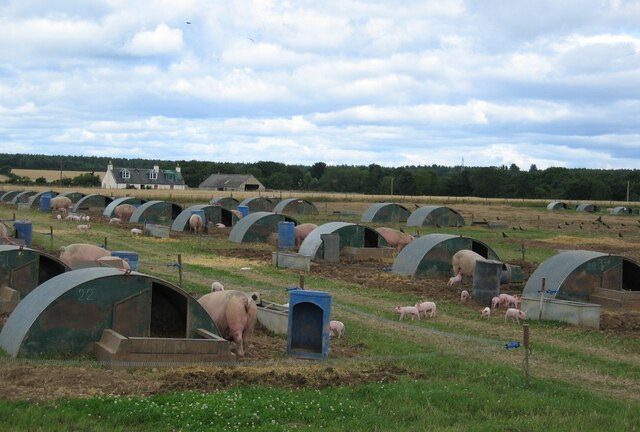Six major pork plants in the U.S. have received an extra 90-day trial period using the controversial accelerated production method.
The previous trial was to have ended November 2023 but for the timely intervention of the U.S. Department of Agriculture (USDA).
Reuters reports that the extension revives a Trump-era law that ended in 2021 on food safety concerns via a court ruling.
Since March 2021, per the ruling, plants could only limit their velocity to 1,106 head an hour. USDA nevertheless managed to win the ongoing trial period for speed production in 2022. The agency sought to collect data from pork plants during the trial duration as a gauge for implementing better food and workers’ safety.
At the centre of the trial are six firms including the meat giants, Tyson Foods and JBS SA. The firms had hinted at canceling farmers’ orders due to the slow rate of hog slaughter had the extension failed.
The six companies, which have been counting losses due to slow production of pork, are now celebrating the extension.
USDA will continue to receive data from the pork plants and share it with the U.S. Occupational Safety and Health Administration.
The occupational agency says that the 3-month period will provide enough data on the impact of speed production on pork plants’ employees.
Below is a timeline of the trial:
- June 30, 2021: a judge ends Trump era’s pork plant speed production and limits it to 1,106 head per hour.
- March 2022: USDA starts a new 1-year high speed trial.
- March 4 2023: the 1-year trail gets an extension to November 30, 2023.
- November 28 2023: USDA extends the high speed trial for an additional 90 days into 2024.
In its part, the United Food and Commercial Workers (UFCW) labour union lauded the extension. The agency represents 1.3 million workers in North America, many in the food sector.
UFCW’s International boss, Marc Perrone commented that the extension will help “inform strong policy on plant speeds and worker safety.”
Production is also likely to turn cost-efficient, as 40% all pigs in the U.S. live just a hundred miles of the trialing plants.
Republican senators had recently predicted that without such intervention by USDA, demand for pork would decline and prices rise sharply.
Advocates of the high speed production system, including USDA, cite that packers of meat at plants can now save some time to inspect hogs. With the low-speed method, workers concentrate more on production than hog health inspection.
Ultimately, labour groups are the ones now in the cold as they agitate stoppage of the Trump-era law, citing food safety concerns.
